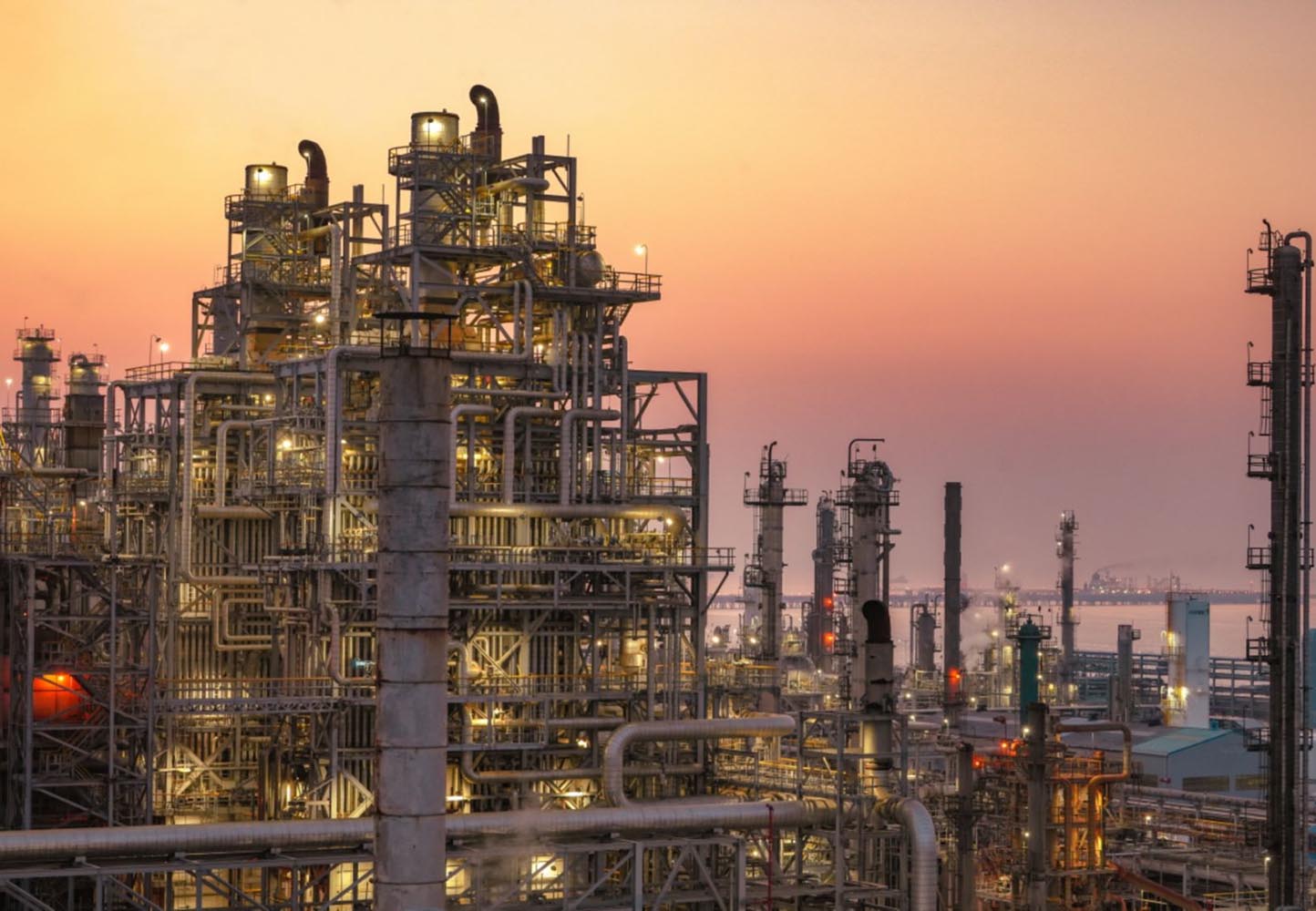
LG Chem, Eni partner on USD550M South Korean biorefinery
Italian energy firm Eni and LG Chem, Korea’s largest chemical company, will jointly develop a USD550 million advanced biofuels plant in Daesan, South Korea, under a newly inked agreement, announced on January 19.
LG Chem will hold a 60% stake in the biorefinery, which is expected to process about 400,000 metric tons of renewable feedstocks annually into sustainable fuels using Eni’s proprietary Ecofining process technology after targeted completion in 2026.
Eni will retain 40% ownership of the production hub situated alongside LG Chem’s existing petrochemicals complex. The facility will produce sustainable aviation fuel (SAF), hydrotreated vegetable oil (HVO) diesel and bio-naphtha for petrochemicals.
In statements, executives described the partnership as progress toward their net zero emissions pledges combining technical strengths. It also expands Eni’s biorefining footprint into Asia as it works towards a 2050 climate neutrality target.
Eni currently runs a Venice biorefinery in Italy and acquired plants in France and Singapore over the past two years. It expects total biofuels capacity reaching more than five million metric tons by the end of this decade, including up to two million metric tons of SAF.
Observers consider the Korean biorefinery agreement illustrative of Asia’s increasing importance in the global transition to renewable transportation. Singapore already mandates SAF blending, with numerous facilities planned across the region.
Analysts also pointed to symbiosis in the pairing through resource sharing with LG Chem contributing infrastructure and Eni applying processing expertise that lifts output. The Daesan plant can readily plug into chemical off-takers adjacent to the LG facility.
However, the companies have yet to finalise investment commitments, expected later this year pending feasibility studies. Some called proposed capacities small next to individual European sites, though scalability remains possible.
Industry players say partnerships via joint ventures could accelerate project development compared to sole corporate efforts. But cultural integration challenges may arise requiring careful management between LG and Eni.
Longer-term viability hinges on factors like feedstock agreements, market demand, evolving incentives and especially clean fuel pricing, which continues to exceed conventional jet and diesel values.
Competition also intensifies around Asia’s undersupplied SAF space as regional carriers lobby governments to offer subsidies and blending support closing price gaps. Critics warn such measures avoid addressing fundamental comparative disadvantages versus existing fuels that still overwhelm voluntary adoption.
Within South Korea, LG and Eni will navigate the country’s intricate web of powerful chaebol conglomerates that could inhibit participation. However, inescapable emissions pressures on transport sectors suggest sufficient demand influx through the next decade.
For Eni, the biorefinery delivers a growing Asian presence beyond Europe, bringing technology monetisation. LG Chem adds production diversification and sustainability credentials as global chemical scrutiny increases. Realizing net zero necessitates broad cooperation, exemplified by the tentative alliance.
For Eni, the biorefinery delivers a growing Asian presence beyond Europe, bringing technology monetisation. LG Chem adds production diversification and sustainability credentials as global chemical scrutiny increases. Realizing net zero necessitates broad cooperation, exemplified by the tentative alliance.













